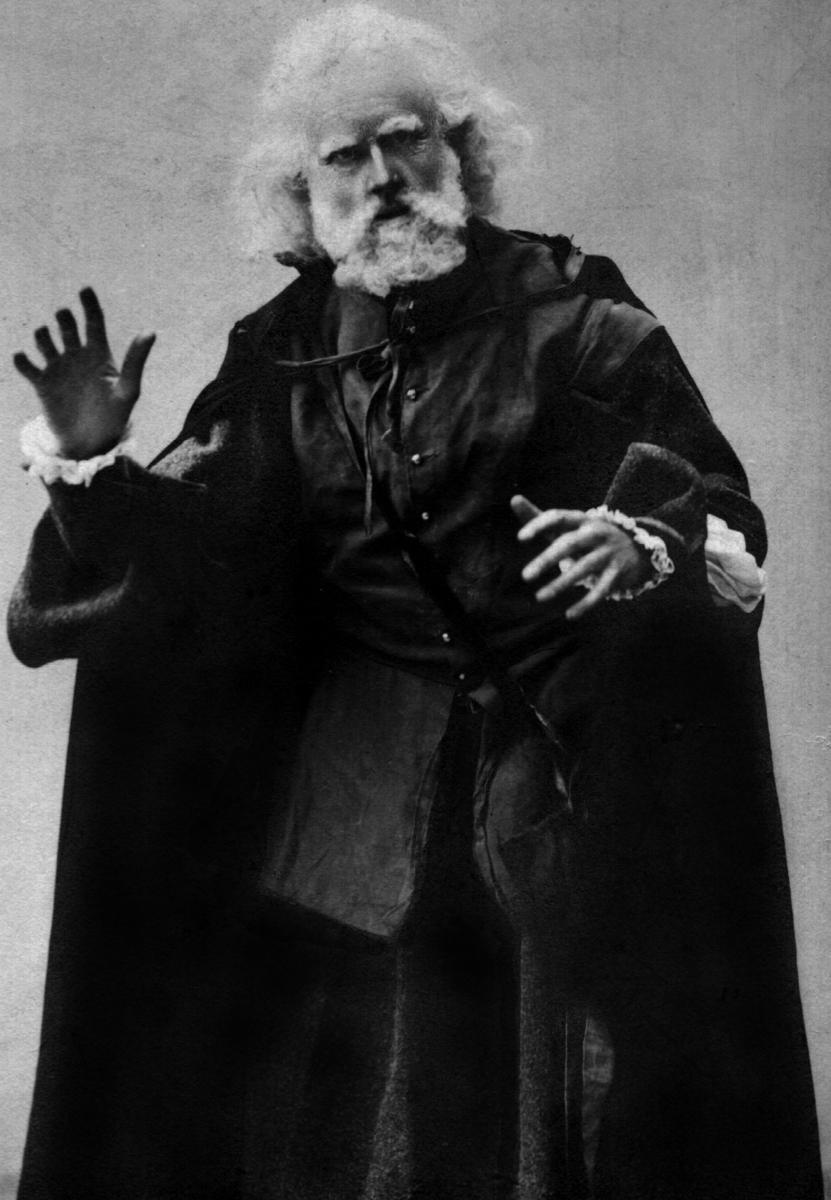Back to wikipedia wednesday. Been a bit of a slow week wikipedia-wise, generally been too busy to get stuck into a real long chain of awesome pages, but there's a couple of things I've found I'd like to share.
Tao - Now I don't really know much about eastern religion or philosophy, I've read a little into Confucius before, but not a lot, and I always carry a pocket copy of Sun Tzu's 'Art of War' with me in my side-satchel in-case I'm left without something to read. But generally, I'm pretty ignorant, now I'm writing again however, I've had the need to look into religion a bit more, I'll explain why in another post, but it's to do with the afterlife and being, and why, and all those big questions. Tao is particularly fascinating because, it's basically impossible to understand 'Tao is, by contrast, often referred to as 'the nameless,' because neither it nor its principles can ever be adequately expressed in words' - totally mental, but lovely.
Opening: Tao is a concept found in Taoism, Confucianism, and more generally in ancient Chinese philosophy and East Asian religions. While the word itself translates as 'way', 'path', or 'route', or sometimes more loosely as 'doctrine' or 'principle', it is often used philosophically to signify the fundamental or true nature of the world.
Relativistic kill vehicle - One of the ace things about science fiction writing, is often figuring out new ways to destroy and blow things up. Whilst looking for exactly that, I came across the concept of the RVK, which is basically, smashing something into your target at the speed of light, relying on the sheer kinetic energy to completely obliterate it. Also, the name is awesome.
Opening: A relativistic kill vehicle (RKV) or relativistic bomb is a hypothetical weapon system sometimes found in science fiction. The details of such systems vary widely, but the key common feature is the use of a massive impactor traveling at a significant fraction of light speed to strike the target. Therefore the weapon would be an extreme example of the real-life concept of a kinetic bombardment.
All the world's a stage - One thing that I've become increasingly interested in - through trying to explore the human condition - is the different stages of man. Shakespeare wrote a monologue that opened 'As You Like It' in which he traverses what has come to be known as 'the seven ages of man,' from infancy to second infancy, with lover, soldier, etc, in between. The concept that man travels through these different ages, and eventually ends up where he was, I found really interesting, and the monologue through which it is explored is just beautiful.
Opening: "All the world's a stage" is the phrase that begins a monologue from William Shakespeare's As You Like It, spoken by the melancholy Jaques. The speech compares the world to a stage and life to a play, and catalogues the seven stages of a man's life, sometimes referred to as the seven ages of man: infant, schoolboy, lover, soldier, justice, pantaloon, and second childhood, "sans teeth, sans eyes, sans taste, sans everything". It is one of Shakespeare's most frequently-quoted passages.


